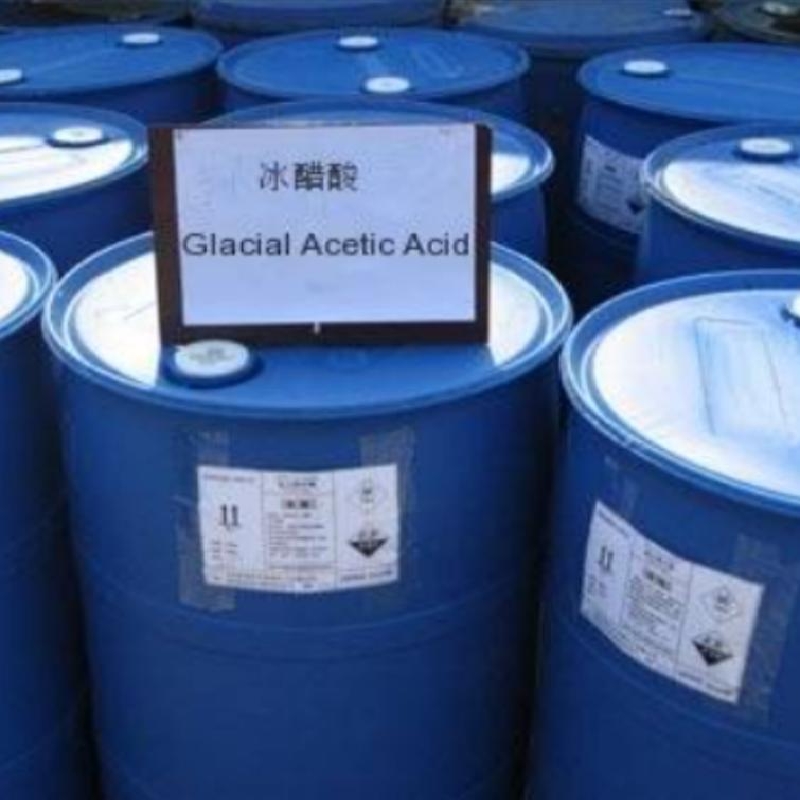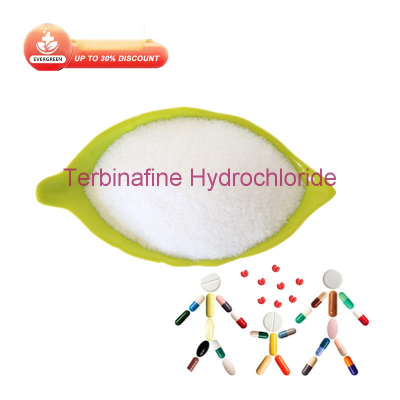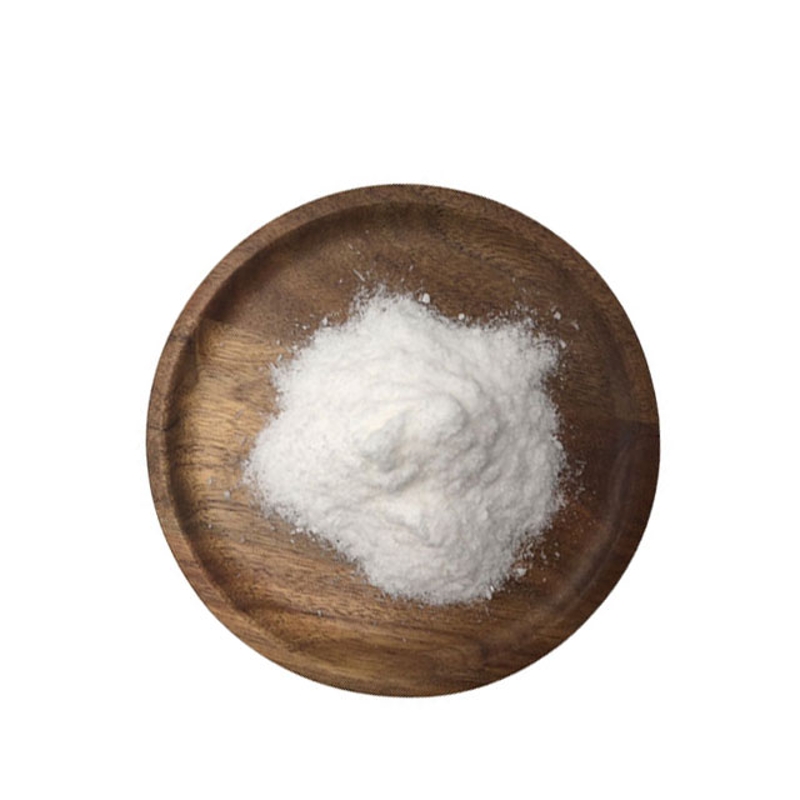Wuhan scientists have discovered for the first time that curcumin has antiviral properties or can prevent a variety of diseases.
-
Last Update: 2020-07-27
-
Source: Internet
-
Author: User
Search more information of high quality chemicals, good prices and reliable suppliers, visit
www.echemi.com
!---- introduction: Curcumin has long been used as a commonly used natural pigment and widely used in the food industry, mainly used in canned, intestinal products, sauce halogen products dyeingrecently, Wuhan scientists found that curcumin has antiviral properties, or can be used to prevent a variety of diseasescoronavirus is a large family of viruses named for the form of the virus, which is seen in an electromirror looking like a crownhas so far found that coronaviruses infect only vertebrates and can cause respiratory, digestive and neurological diseases such as colds and more serious diseases such as MerS and Severe Acute Respiratory Syndrome (SARS), researchers in Wuhan, China, have found that curcumin can prevent infection with a coronavirus A virus, the infectious gastroenteritis virus (TGEV)the compound can also kill virus particles directly at higher dosesstudy published July 17 in the Journal of General Virology, entitled "Antiviral and Virucidal Effects of Curcumin on transmisible gastroenteritis virus in" study using the infectious gastroenteritis virus (TGEV) as a model of the a-type coronavirus, to study the antiviral effects of curcumin on TGEVto determine the potential antiviral properties of curcumin, the team treated the experimental cells with different concentrations of curcumin and then infected the cells with TGEV, and found that high levels of curcumin reduced the number of viral particles in cultured cellsthis suggests that curcumin has dose-dependent inhibitory effects on TGEV proliferation and the expression of viral proteinsresearchers also observed that curcumin can kill the virus directly at a certain dose, temperature and timeFurther analysisfurther analysis showed that curcumin primarily acts in the early stages of TGEV replication and affects TGEV in a number of ways: killing the virus directly before infecting the virus cell, inactivating the virus by binding to the virus envelope, and preventing virus intrude by altering cell metabolismnote that in the adsorption test, the virus titer was reduced by 3.55 log TCID50 ml-1 when the concentration of curcumin was 40 ?M, which indicates that curcumin has an excellent inhibitory effect on TGEV adsorptionoverall, this study is the first to demonstrate that curcumin has antiviral activity and inhibitory effects on TGEV, suggesting that curcumin may be a candidate for effective control of TGEV infectionlead author of the study, DrShi Lilan, said, "Curcumin has a significant inhibitory effect on TGEV's adsorption steps and has a certain direct inactivation effect, indicating that curcumin has great potential to prevent TGEV infection."", curcumin has previously been shown to inhibit replication of certain types of viruses, including dengue, hepatitis B and Zikathe compound has also been found to have many important biological effects, including anti-tumor, anti-inflammatory and antibacterial activity"Curcumin was chosen for this study because of its low side effects,"Xie saidin the absence of an effective vaccine, the prevention and control of viral diseases is very difficultand Chinese medicine and its active ingredients are the ideal screening library for antiviral drugs, as they have the advantages of easy access and small side effects"The researchers hope to continue to use animal models for inviviable research to assess whether the inhibitory properties of curcumin can be seen in more complex systems."they say further research is needed to assess the antiviral effects of curcumin in the body and to explore its potential anti-TGEV, which will provide a basis for a comprehensive understanding of the antiviral mechanisms and applications of curcumin.
This article is an English version of an article which is originally in the Chinese language on echemi.com and is provided for information purposes only.
This website makes no representation or warranty of any kind, either expressed or implied, as to the accuracy, completeness ownership or reliability of
the article or any translations thereof. If you have any concerns or complaints relating to the article, please send an email, providing a detailed
description of the concern or complaint, to
service@echemi.com. A staff member will contact you within 5 working days. Once verified, infringing content
will be removed immediately.







